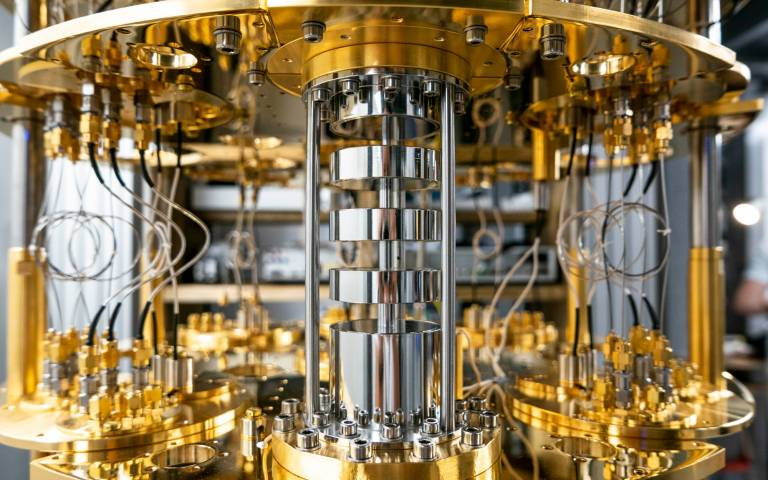How Do Hydrogen Fuel Cell Cars Work, and How Do They Compare to Traditional Gasoline-Powered Vehicles?
Hydrogen fuel cell cars are a type of vehicle that uses a fuel cell to generate electricity and power the car's motor. Instead of burning gasoline like traditional internal combustion engines, fuel cell cars use hydrogen gas as a source of fuel.
So, how do hydrogen fuel cell cars work? The process begins when hydrogen gas is pumped into the fuel cell stack. The fuel cell stack is made up of a series of cells that contain a catalyst, typically platinum, and two electrodes – the anode and the cathode.
Inside the fuel cell, the catalyst splits the hydrogen molecules into their atomic components – protons and electrons. The protons pass through the electrolyte, a membrane that allows protons to pass through but not electrons, to the cathode. The electrons are forced to travel a circuit, generating electricity as they go.
The electricity generated by the fuel cell is used to power the car's motor, which drives the wheels. The only byproduct of the chemical reaction in the fuel cell is water, which is expelled as steam through the tailpipe.
So, how do hydrogen fuel cell cars compare to traditional gasoline-powered vehicles? One major advantage of fuel cell cars is that they produce zero emissions – the only byproduct of the chemical reaction in the fuel cell is water. This makes fuel cell cars a potentially cleaner and more environmentally-friendly alternative to gasoline-powered vehicles.
Another advantage of fuel cell cars is that they have a higher energy efficiency than gasoline cars. Fuel cell cars are able to convert the energy stored in hydrogen gas into electricity with an efficiency of around 60%, compared to the 20-30% efficiency of internal combustion engines.
However, there are also some challenges and drawbacks to consider when it comes to hydrogen fuel cell cars. One challenge is the limited availability of hydrogen fuel stations, which makes it more difficult for fuel cell car owners to refuel their vehicles. Another challenge is the cost – fuel cell cars are currently more expensive to manufacture than traditional gasoline-powered cars, and the high cost of fuel cell technology has made it difficult for automakers to bring the price down.
Overall, hydrogen fuel cell cars offer the potential for a cleaner and more efficient alternative to traditional gasoline-powered vehicles. However, there are still challenges to be addressed in terms of infrastructure and cost before fuel cell cars can become more widespread.





